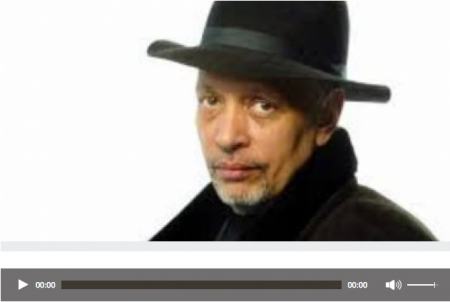
to ''pass from white dreams into black and brown realities''.As ever, Easy finds a way to rise above such circumstances - and the heartbreak of losing Bonnie to a marked-for-death African royal who needs her more than he does - and cling to his sense of decency." - Lloyd Sachs, Chicago Tribune "I''d know that voice anywhere.

Read Mosley.for his matchless ability to present mosaic worlds in which even the most minor characters arrive burning with their own unquenchable stories." - Kirkus Reviews, "Though the year is flower-powered 1968, or 20 years removed from the life-threatening scuffles of Devil in a Blue Dress, life is no less easy for a black man in L.A. It's time for another simmering tour of Los Angeles, this time in 1968, with Ezekiel "Easy" Rawlins serving once more as the unwilling guide.

Between his new company, a heart that should be broken but is not, a whole raft of new bad guys on his tail, and a bad odor that surrounds Charcoal Joe, Easy has his hands full, his horizons askew, and a life in shambles on the ground around his feet. Rufus tells Easy he will pay and pay well to see his nephew exonerated, but seeing as how Seymour was literally found standing over the man's dead body at his cabin home and the racially charged motives behind it, that might prove to be a tall order.

Joe's friend's son, Seymour (young, bright, top of his class at Stanford), has been arrested and charged with the murder of a white man from Redondo Beach. But, inevitably, a case gets in the way- Easy's friend Mouse introduces him to Rufus Tyler, a very old man everyone calls Charcoal Joe. And he's taken the money he got from the Rose Gold case and has, together with two partners, started a new detective agency. He's ready to-finally-propose to his girlfriend, Bonnie Shay, and start a life together.

in the late 1960s, Ezekiel "Easy" Rawlins finds his life in transition. Picking up where Rose Gold left off in L.A.


 0 kommentar(er)
0 kommentar(er)
